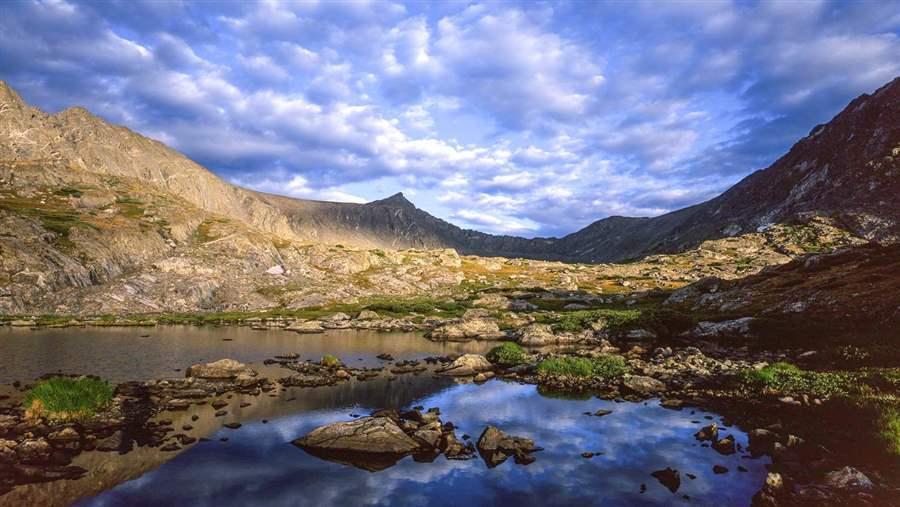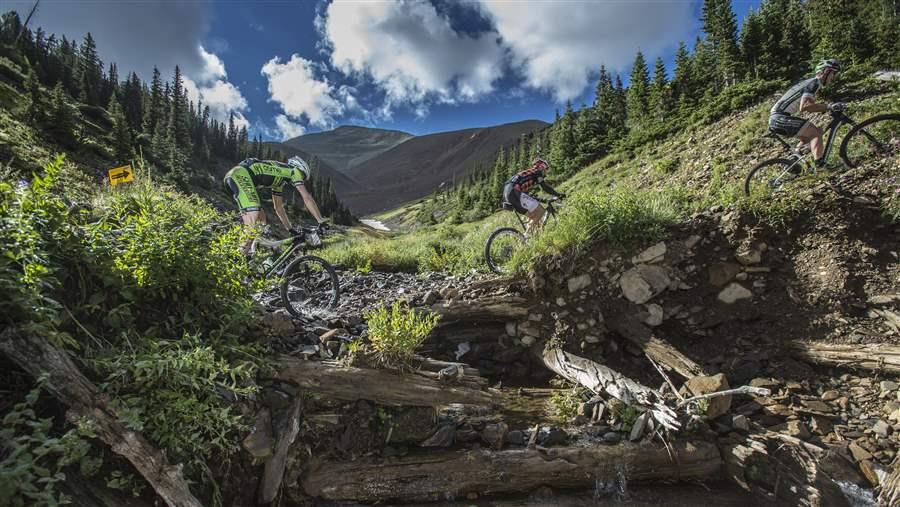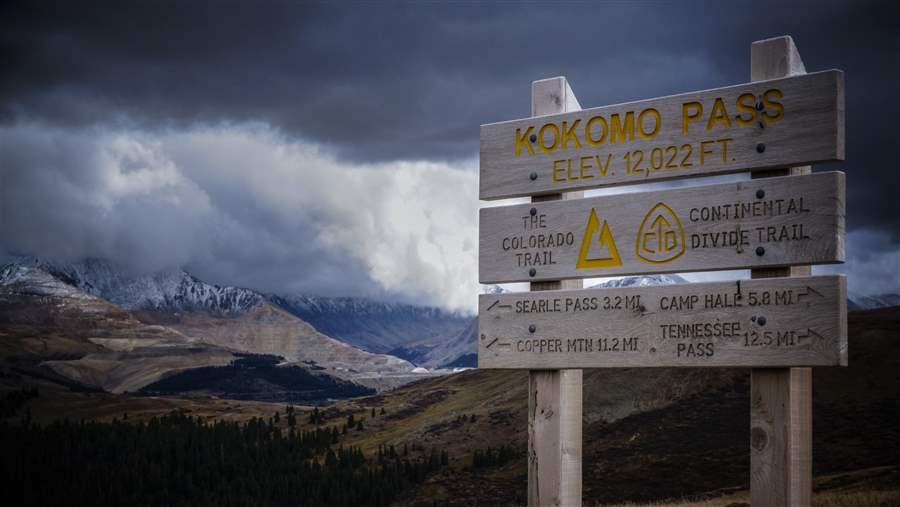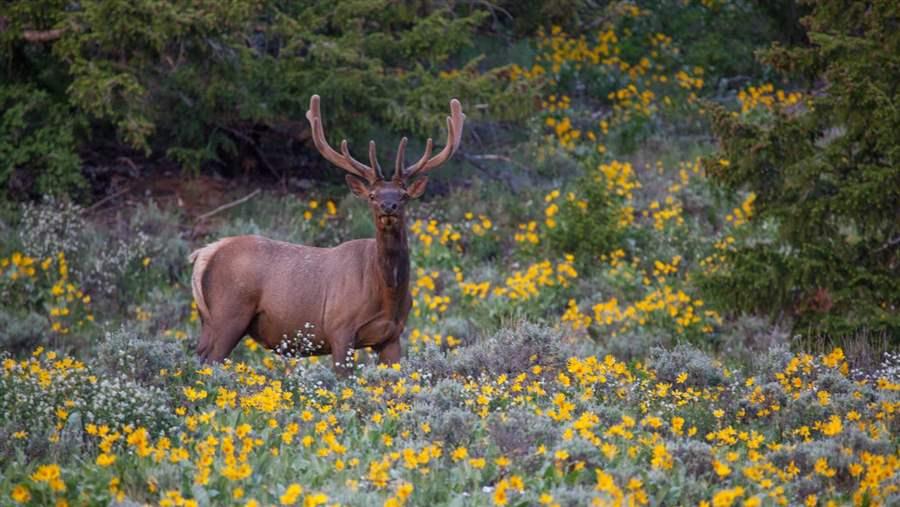Bill Would Protect Colorado Wilderness, WWII History, and Recreation Economy
Introduction coincides with expo for outdoor retailers, which depend on public lands

The Continental Divide Recreation, Wilderness, and Camp Hale Legacy Act would preserve roughly 41,226 acres of wilderness, including the proposed Ten Mile Wilderness Area featured here.
© John Fielder
Just days before the Outdoor Retailer + Snow Show—the largest expo of its kind in the U.S.—opened in Denver, Senator Michael Bennet (D-CO) and Representative Jared Polis (D-CO) introduced legislation to protect 96,445 acres of the White River National Forest as wilderness, recreation management areas, and wildlife conservation areas, and create the country’s first National Historic Landscape.
The timing of the introduction of the Continental Divide Recreation, Wilderness, and Camp Hale Legacy Act sends a strong message that conservation means business in Colorado. Leaders in the Centennial State know that so many residents and visitors come here for outdoor recreation, from hunting and fishing on protected public lands and waters, to backcountry skiing, mountain biking, hiking, and taking in majestic vistas.
The legislation follows nearly a decade of community meetings and different legislative proposals at the local and federal level. Crafted with input from sportsmen and women, small business owners, veterans, mountain bikers, elected officials, ranchers, water authorities, and conservationists, the bill seeks to preserve critical wildlife habitat, protect access for mountain biking and other outdoor recreation activities, and grow a core part of Colorado’s economy.
Here’s what the legislation would do:
Invest in Colorado’s economic future
Numerous factors drove the organizers of the OR shows to host this and all future expos in Denver, starting with Colorado’s greatest asset—its great outdoors.
Outdoor recreation is critical to Colorado’s economy, generating $28 billion in consumer spending annually and supporting 229,000 jobs that pay $9.7 billion in salaries and wages across the state. The White River National Forest alone draws some 13 million visitors a year who contribute to those economic numbers.
Protect wildlife from growing threats
A recent study conducted by Conservation Science Partners found that from 2001 to 2011 the West lost a football field worth of natural areas to human development every 2½ minutes. Colorado alone lost 525 square miles of natural areas (or 254,259 football fields) during that time, and threats to our public lands continue to grow today.
The act would create two new Wildlife Conservation Areas to protect vital wildlife linkages near Loveland Pass and in the Williams Fork Mountains. Both of these places are home to black bear, elk, mule deer, bighorn sheep, mountain goat, Greater Sage-grouse, moose, lynx, wild turkey, and wolverine.

The Continental Divide Recreation, Wilderness, and Camp Hale Legacy Act would preserve wilderness for future generations and protect access to popular mountain biking trails, helping to boost two sectors of the outdoor recreation economy.
© John Fielder
Honor veterans
The legislation would designate Camp Hale, a former World War II-era winter combat training facility and home of the famed 10th Mountain Division, as America’s first National Historic Landscape. Protecting Camp Hale would not only honor veterans but would also celebrate the birth of Colorado’s outdoor recreation economy.
After the war, some of the soldiers who trained at Camp Hale returned to Colorado to help found its ski industry, developing resorts at Vail, Aspen, and other areas. The legislation would preserve that history through stories of Camp Hale, the soldiers who trained there, and their feats during the war, and safeguard classic Rocky Mountain terrain for outdoor recreation opportunities such as skiing and snowmobiling.

The bill would preserve a slice of history from the Greatest Generation as a National Historic Landscape.
© Devon Balet
The Pew Charitable Trusts thanks Sen. Bennet and Rep. Polis for introducing the Continental Divide Recreation, Wilderness, and Camp Hale Legacy Act and for working so closely with such a wide range of local groups in drafting the bill. This legislation enjoys bipartisan support at the local level, and we urge Senator Cory Gardner (R-CO) to co-sponsor this common-ground legislation and encourage Congress to pass it as soon as possible.
John Gilroy directs The Pew Charitable Trusts’ U.S. public lands program.













